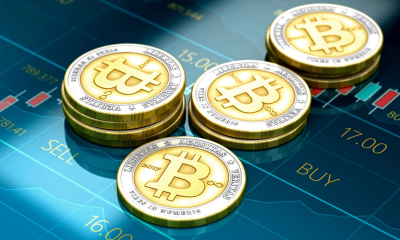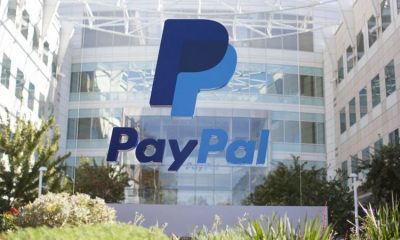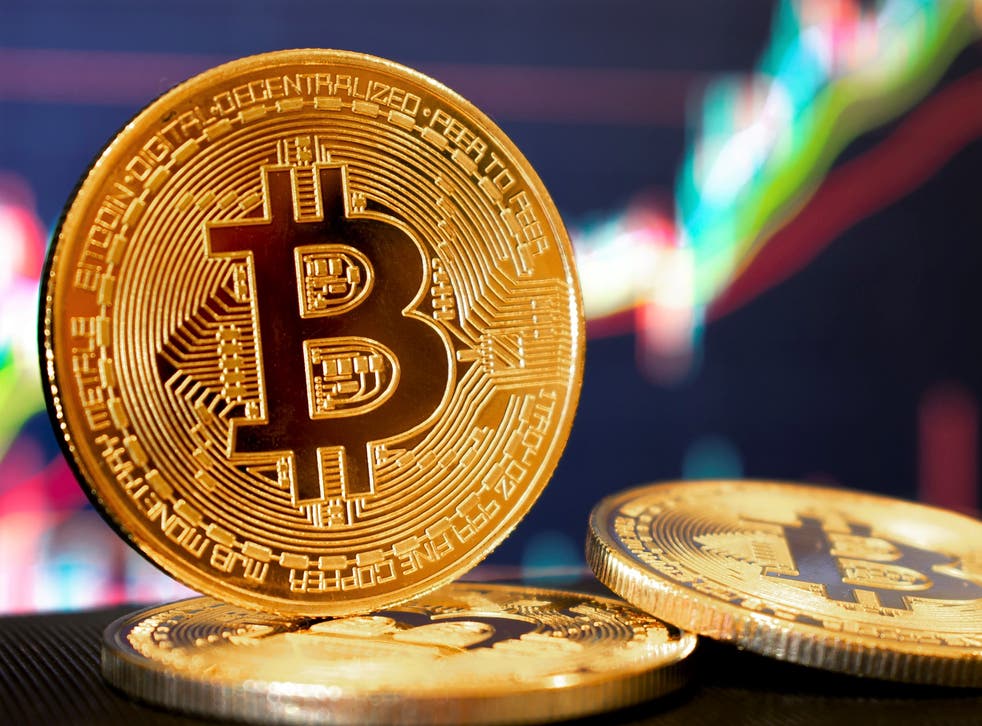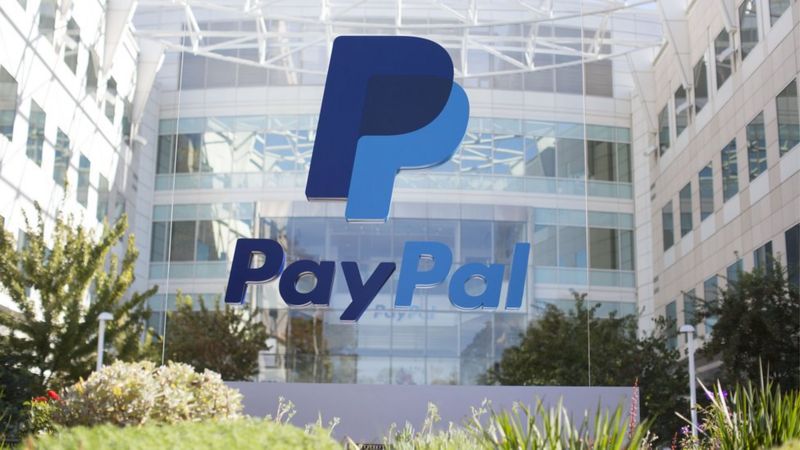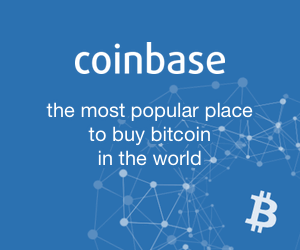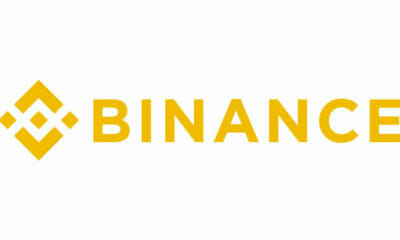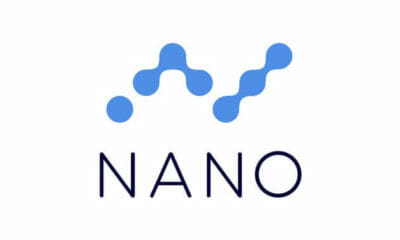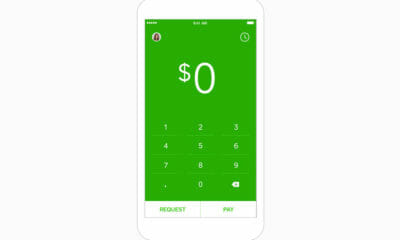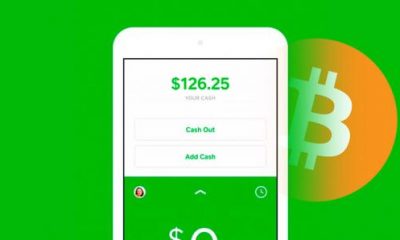Global payment processor PayPal joins the growing list of U.S. based companies to file a Blockchain based patent with the U.S. Patent and Trademark Office (USPTO).
On March 1st, 2018, the influential online payment platform PayPal, filed a patent they call the “EXPEDITED VIRTUAL CURRENCY TRANSACTION SYSTEM.” According to the filing, the system is designed to increase the speed of cryptocurrency payments by using secondary private keys to shorten transaction settlement between consumers and merchants.
The patent makes it clear that PayPal acknowledges and understands the future potential and current advantages that cryptocurrency adoption provides users in the digital marketplace. With the introduction of this new system, PayPal hopes to make slow transaction settlement times a thing of the past.
Thanks to inventors Cheng Tian and Sandy Lynn Godsey with PayPal Inc. the new system aims to eliminate slow transaction settlement times. The company hopes that removing this burier is the catalyst that sparks mass adoption citing the clear advantages digital assets have over traditional (FIAT) currency.

PayPal said:
“In many transaction situations, a 10 minute wait time will be too long for payers and/or payees, and those payers and/or payees will instead choose to perform the transaction using traditional payment methods rather than virtual currency. Issues like this have slowed the adoption of virtual currencies despite their advantages.”
The patent explains that by simply implementing secondary wallets with their own private keys they can “practically eliminate” settlement times for the payee.
PayPal becomes the second powerhouse company to filing a blockchain related patent this past week. In a previously reported story, mega-store WalMart also filed a patent with the USPTO office on March 1st, 2018.
In the United States, publication of a non-provisional patent application must take place 18 months before the effective priority date. Upon publication, the application is a tool used for the USPTO to protect your product or system from competitors who may apply for similar technology patents.
As always we here at Cryptobase will keep you up to date as this story unfolds.



